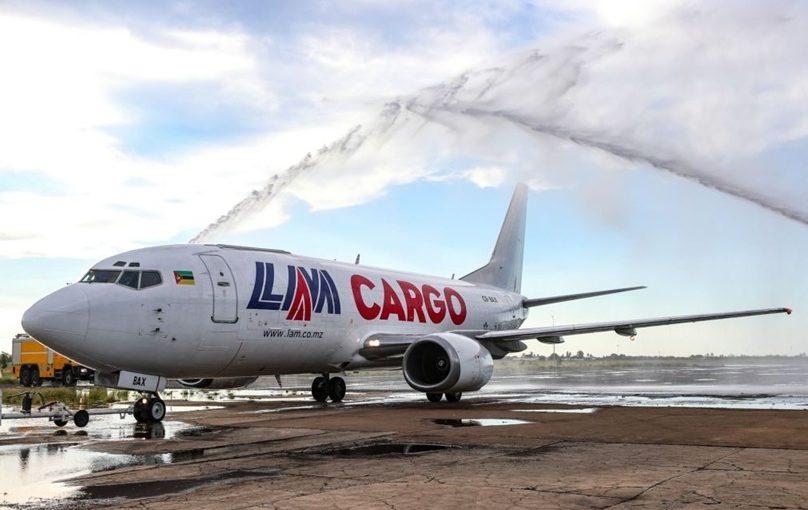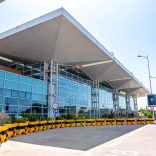Mozambique: Some 2,000 expected to attend CASP annual business conference
Mozambique: 40% of air routes ‘not viable’ – minister

FILE - For illustration purposes only. [File photo: Lusa]
Mozambique’s Minister of Transport and Logistics, João Matlombe, acknowledged on Friday that 40% of the country’s air routes are not viable, recognising that there is “dysfunctional competition” that does not serve the interests of the state or society.
“We have LAM [Mozambique Airlines], we have Mex [Mozambique Express, a subsidiary of LAM], which also operate in a dysfunctional competition that doesn’t serve the interests of society and doesn’t generate results for the state,” the minister said today in Maputo, at the opening of the Civil Aviation Master Plan Consultation (2026-2045).
He added that the flights of these state-owned companies depart at the same time on the same routes, even though he emphasised that they do not serve other routes.
“The operators obviously each decide where they want to operate, where they want to intervene, but then how do we do it? Because in our market, in our country, perhaps 40% of the routes are not viable,” he pointed out.
The minister’s position comes at a time when LAM – which in the meantime has used Mex aircraft for some flights – is in the process of restructuring, leasing new aircraft and returning to international connections, but also at a time of public criticism of the fares it applies on domestic flights.
While the country is struggling with the unfeasibility of some air transport routes, Matlombe pointed out that there is also idle air infrastructure: “we’ve had Nacala [airport] for years, it’s practically a white elephant, an airport with a lot of potential”.
“We’re talking about better infrastructures than those that are most in demand today due to the volume of traffic,” he said, defending profitable concession models, saying that there should be more investment and attract more flights to the country.
João Matlombe also recognised the role of the state in guiding these operations, since the infrastructure is state-owned and Aeroporto de Moçambique is a public company. It is up to the state to decide “on the policy it wants to develop on the management of airport infrastructures”.
“Nobody is going to invest in an airport that has basically no traffic, without having a compensation mechanism with a functional airport. We need to find a cross-subsidy mechanism to make it profitable and perhaps attract investment,” he reiterated.
The minister said he wanted to change the sector so that passengers don’t experience travelling “as if it were a nightmare”, nor do they see the infrastructure and support services of the whole system, both the airlines and the airports, as a nuisance: “to feel that travelling is in fact, more or less, a leisure activity too, which is fundamental, as it is for all of us when we travel abroad”.
“These are the premises that we want in our country; travelling in our country has to be accessible to everyone and anyone. And our approach in the sector, at the government level, is clear: you can’t do logistics with a monopoly, that’s much more than clear,” he said, also arguing that the market has to be open, liberalised and allow more operators to intervene.
Regarding the restructuring of LAM, the minister acknowledged that the process is “unfortunately” not immediate.
“If it were that easy, it would have been done a long time ago, but restructuring LAM is difficult, very difficult, so difficult that to this day we are still doing the work. And we’re not going to finish, we’ve started a stage and it’s going to continue,” he explained, pointing out that all restructuring also has to be humanised, ensuring that the measures taken are conscious of the 800 or so workers employed by the company.












Leave a Reply
Be the First to Comment!
You must be logged in to post a comment.
You must be logged in to post a comment.